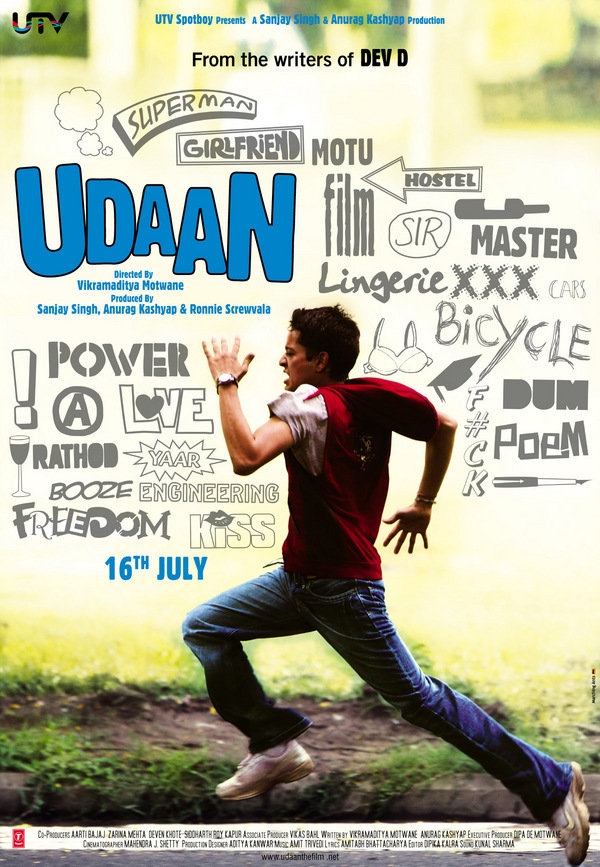When Home Hurts: How Udaan Still Soars Against Patriarchy 15 Years Later
By Amit Kumar

In 2010, a quiet film landed in Indian theatres without fanfare, no star power, no gimmicks. Yet
Udaan, directed by Vikramaditya Motwane, hit like an emotional avalanche. Fifteen years later, it still
stands as one of the most searing portrayals of domestic control, emotional violence, and the
suffocation of growing up under patriarchal authoritarianism.
Set in the steel city of Jamshedpur, Udaan follows 17-year-old Rohan, who is expelled from boarding
school and forced to return home to a father he barely knows. Ronit Roy’s portrayal of the cold,
domineering father is haunting, his character doesn’t yell much, but his silence, belt, and piercing
stares are more terrifying than any screaming villain. The home in Udaan isn’t a place of safety. It’s a
dictatorship disguised as discipline, a prison passed off as parenting.
Motwane doesn’t dramatize abuse, he reveals it in its most mundane, everyday cruelty. Through
Rohan’s small acts of rebellion, writing secret poetry, sneaking out for a smoke, or caring for a
younger half-brother, we see a teenager trying to survive, not just disobey. His pain isn’t loud; it
lingers in unspoken words and withheld tears. Rajat Barmecha’s performance, understated and
aching, carries the weight of every child who’s ever been told to be quiet and obey.
What makes Udaan revolutionary is its refusal to sugarcoat the truth: that Indian homes, often ruled
by rigid patriarchs, can breed as much trauma as love. The film doesn’t offer vengeance. It offers
escape, an act of courage so rare in Indian storytelling. When Rohan finally walks away with his
young half-brother, it’s a quiet act of courage. He leaves behind pain and control, stepping into the
unknown with fragile hope. That gentle departure holds the strength of freedom and the promise of
a new beginning, simple, brave, and deeply moving.
The film’s visual and musical language, Mahendra Shetty’s tight, grey-toned frames and Amit Trivedi’s
evocative tracks like “Azaadiyaan”mirror the film’s central theme: breaking free.
Co-written by Anurag Kashyap and Motwane, Udaan helped usher in a new wave of personal, raw
Hindi cinema.
Fifteen years on, but even today, Udaan remains not just relevant, it’s essential. Because as long as
authoritarian parenting hides behind the veil of culture and fear is mistaken for respect, we will need
stories like Udaan to remind us that every child deserves to fly, not just survive. It’s a reminder that
homes aren’t always safe, and fathers aren’t always fair. And sometimes, flying away isn’t rebellion,
it’s survival
